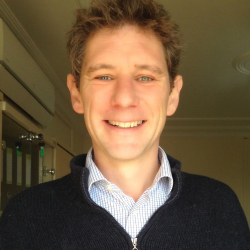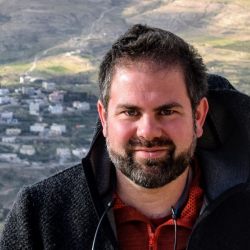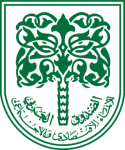ABOUT US




ICARDA would like to strengthen its partnership with IDB and use it as an entry point for further and deeper collaboration on Agricultural Research for Development targeting IDB Member countries which is part of ICARDA mandate. Amongst the 56 IDB Member countries ICARDA is directly involved within 50 of them.






.png)







